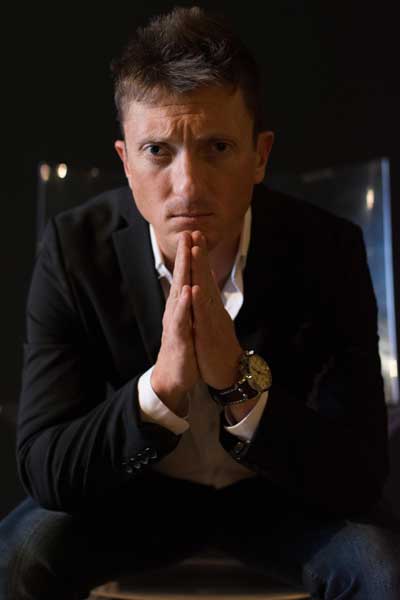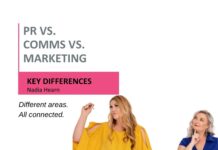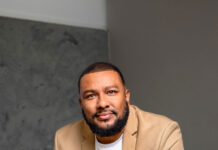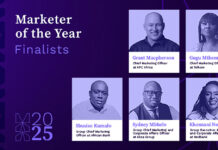Raise your hand if you’ve ever spent the majority of your time in a client meeting not detailing what would work and what strategic direction to take, but rather convincing your client why they should believe what you’re saying and trust your expertise. There seems to be a current climate of deep distrust of experts. But why do people trust some experts and reject others? On one hand, the advice of medical experts is never up for debate, but why is there immediate distrust for the sentiments of economists, climatologists, designers and the like?
According to Adam Dembovsky, CEO of Innovation Factory, one reason that we, as experts, seem so untrustworthy is because of how we speak. “To many people, expertise is like a foreign language. When experts speak, it is often over-complicated, jargon-filled lingobabble and flies way over the heads of the everyday person. While this is clearly a ploy for intellectual dominance, how can we possibly expect to gain our client’s trust if we’re not communicating in a language that they understand? Instead of trying to strong-arm non-experts to rise to our level of sophistication, our focus should be on building a relationship of mutual understanding and meeting the client where they’re at.”
Further to this, experts need to be careful of how they position themselves in the eye of the client. A 2015 study published by psychological scientist Friederike Hendriks at the University of Muenster in Germany coined the phrase “epistemic trustworthiness”. This refers to our decision to place trust in, and listen to, an expert when we need to solve a problem that is beyond our understanding. For an expert to rank high on epistemic trustworthiness, they require a combination of three factors: expertise, integrity and benevolence. This means that knowledge alone isn’t enough.
For us to deem an expert as trustworthy, they need to know their stuff, be honest and have the best of intentions for you. Dembovsky goes on to say, “This is tricky when we live in a world where experts are perceived as genius narcissists with no moral compass who constantly need an ego boost. As it turns out, people don’t tend to trust genius narcissist psychopaths.”
Therefore, experts need to demonstrate that they are good, honest people with the public’s best interest at heart. Dembovsky goes on to say, “In this time of expert shaming and mistrust, experts need to cut the crap. If you want to gain your client’s trust, step away from the jargon and appeal to their level of understanding, person-to-person. Honesty and sincerity is the name of the game if you have any hope of a mutually beneficial relationship.”
About Adam Dembovsky
Adam is a bigger picture thinker and serial entrepreneur. After completing a BCom degree with majors in Business Management and Entrepreneurship Science, he went head-first into starting his own company from his friend’s garage in Woodstock, Cape Town. He monopolised a gap in the market, which resulted in a 15 000% revenue increase and ultimately selling the business to a listed company. Dembovsky ventured into two businesses with highs and lows before discovering a gap in the market and a demand for retail and brand space construction.
About Innovation Factory
Innovation Factory is the expert in retail and brand space construction for brand and project managers who want a partner who is as dedicated to bringing their brand to life as they are.
For more information, visit http://innovationfactory.co.za/




















































































